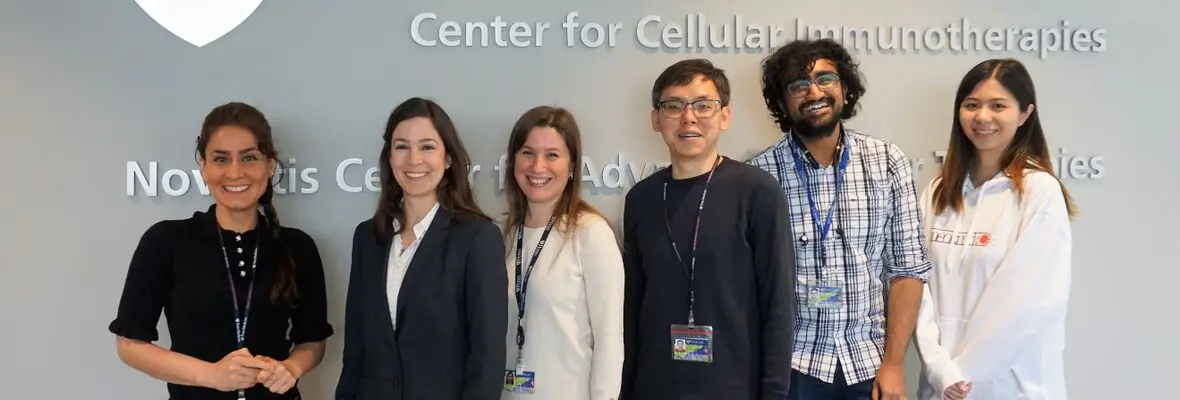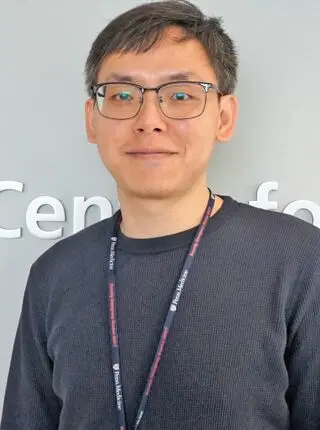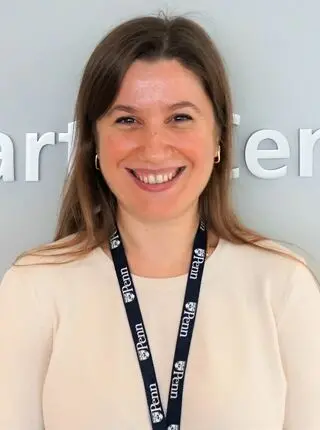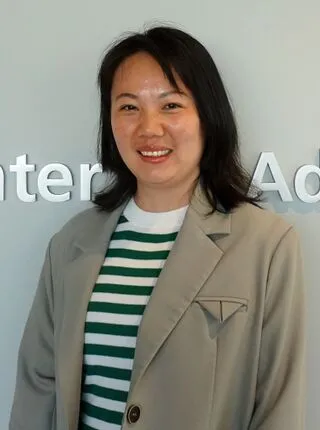Alumni
-
Read More about Soon-Keat Ooi, PhD
Soon-Keat Ooi, PhD
Soon-Keat Ooi, PhD
Soon-Keat (he/him) joined the CCI community at Penn when he became the first postdoc at the
Herbst-Nowrouzi Lab in June 2022. In the lab, Soon-Keat seeks to apply his molecular biology
and biochemistry insight to contribute to the ongoing effort in improving and innovating current
immune cell-based cancer therapies. Collaborating with colleagues across the Penn campus,
Soon-Keat currently focuses his work on the optimization of methods widely used to assess the
activity and specificity of CRISPR/Cas-based genome editing enzymes in human blood cells.
Soon-Keat received his Bachelor of Science degree with a major in Genetics from the National
University of Malaysia, where he worked in the lab of Sheila Nathan to conduct undergraduate
research and, subsequently, remained in the same lab to further his research on dissecting the
virulence mechanism of Burkholderia pseudomallei (the causative agent of melioidosis) using
Caenorhabditis elegans as the animal host model. To broaden his research expertise, Soon-
Keat later attended the Graduate School of The Stowers Institute for Medical Research. For
Ph.D. training, Soon-Keat was co-mentored by Joan W. Conaway and Ronald C. Conaway, on
research aimed at delineating the biochemical mechanism underlying the exquisite regulation of
several human chromatin remodeling and DNA repair enzymes -- INO80, ALC1, and PARP1.
There, Soon-Keat not only acquired extensive protein biochemistry and enzymology training
from Joan and Ronald but also got inspired to translate his knowledge to help develop impactful
biotherapeutics that can surmount debilitating human diseases.
A Chinese born in Malaysia, Soon-Keat is well-versed in several languages and is frequently
taking advantage of that to mingle with people, both casually and intellectually. Outside the lab,
you will find Soon-Keat relaxing and reading scientific literature at home, intensely
playing/training badminton games, and exploring new cuisines in the city. -
Read More about Gozde Sir Karakus, MSc
Gozde Sir Karakus, MSc
Gozde Sir Karakus, MSc
Gozde obtained her Bachelor’s degree in Biology from Ege University in Izmir, Turkey in 2012. She further pursued her studies and earned a Master of Science degree in Stem Cell Biology.
Driven by her interest in cellular therapy, Gozde gained experience as a Product Specialist at the Acıbadem Healthcare Labcell Laboratory in Istanbul, Turkey. In this role, she focused on developing various cellular immunotherapeutic products in a GMP (Good Manufacturing Practice) environment for direct clinical application.
Gozde then joined HGEL as a Research Specialist, where she took lead in projects related to primary cell enrichment and scale-up processes. Her main objective is to enhance the clinical manufacturing of genetically engineered cell-based products by implementing novel strategies and innovative technologies.
-
Read More about Fengjuan Jane Zhang, PhD
Fengjuan Jane Zhang, PhD
Fengjuan Jane Zhang, PhD
Fengjuan (Jane) majored in bioinformatics and obtained her Ph.D. degree in June 2019 from the
Shanghai Institute of Biochemistry and Cell Biology (SIBCB), Chinese Academy of Sciences (CAS). During
her Ph.D. study in Dr. Ligang Wu's lab, she focused on the profiles and functions of small non-coding
RNAs (sncRNAs) in mammalian spermatogenesis and oogenesis by using high-throughput sequencing
methods such as small RNA-seq, polyA+ RNA-seq, and CLIP-seq. She investigated the rapid evolution of a
unique X-linked miRNA family, named spermiRs, that is predominantly expressed in the early meiotic
phases, and demonstrated an intriguing co-evolution between spermiR and its targets in mammalian
spermatogenesis.
During her two-year postdoc training in Dr. Ligang Wu's lab, she collaborated with colleagues
and developed a method that could simultaneously profile mRNAs and small non-coding RNAs in a single
cell. Using this method, they first uncovered the essential role of PIWI/piRNAs in female germ cell
generation, using the golden hamster as an animal model. They also used the method to investigate
how proliferating cells use miRNAs and alternative polyadenylation to orchestrate mRNA levels during
the cell cycle.
In January 2022, she joined Dr. Bin Tian's lab as a postdoc. During her postdoc training in Tian
lab, she learnt the knowledge and computational skills to identify novel poly-A sites using 3’READS+ and
quantify poly-A site usage changes to evaluate alternative polyadenylation (APA) regulation.
In March 2023, she joined the Center of Cellular Immunotherapy as a postdoc, under the
supervision of Drs. Herbst-Nowrouzi and Fraietta, and began her science journey in the immunotherapy
field. Outside of work, Jane enjoys playing ping pong and tennis, swimming, and hiking.





